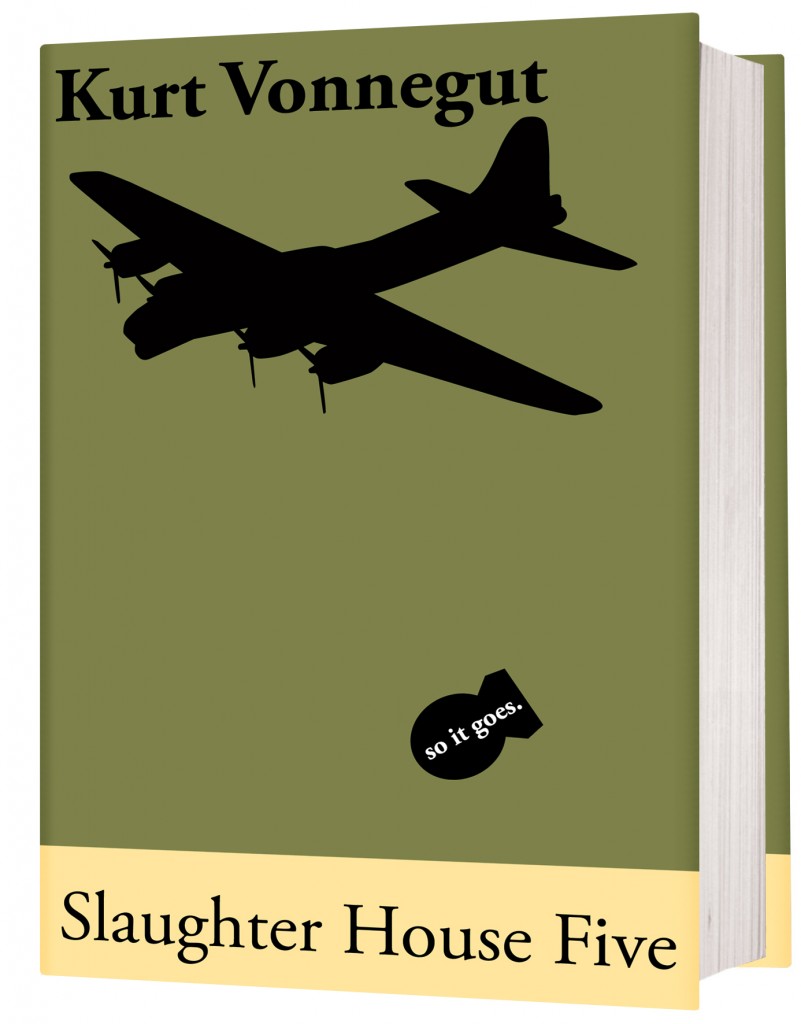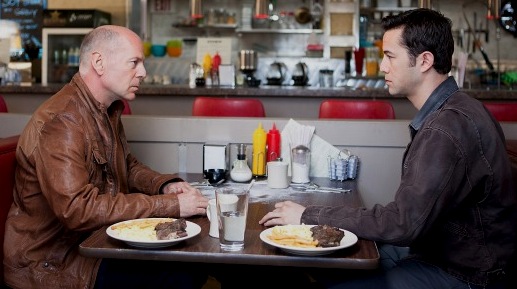The Eyehole, by Robert Hornak
12 Sep
There was a lot that Billy said that was gibberish to the Trafalmadorians. They couldn’t imagine what time looked like to him. Billy had given up on explaining that. The guide outside had to explain as best he could.
The guide invited the crowd to imagine that they were looking across a desert at a mountain range on a day that was twinkling bright and clear. They could look at a peak, or a bird, or a cloud, at a stone right in front of them, or even down into a canyon behind them. But among them was this poor Earthling, and his head was encased in a steel sphere which he could never take off. There was only one eyehole through which he could look, and welded to that eyehole were six feet of pipe.
This was only the beginning of Billy’s miseries in the metaphor. He was also strapped to a steel lattice which was bolted to a flatcar on rails, and there was no way he could turn his head or touch the pipe. The far end of the pipe rested on a bi-pod which was also bolted to the flatcar. All Billy could see was the little dot at the end of the pipe. He didn’t know he was on a flatcar, didn’t even know there was anything peculiar about his situation.
The flatcar sometimes crept, sometimes went extremely fast, often stopped – went uphill, downhill, around curves, along straightaways. Whatever poor Billy saw through the pipe, he had no choice but to say to himself, “That’s life.”












